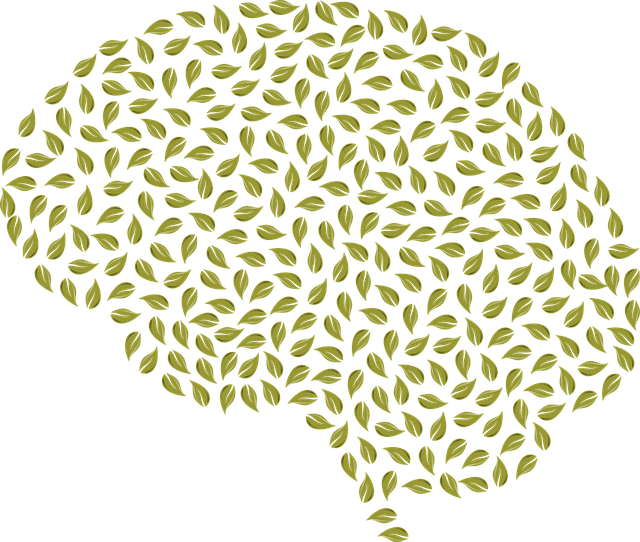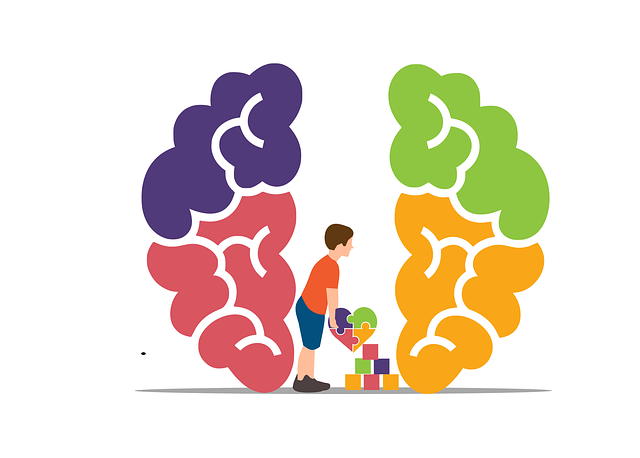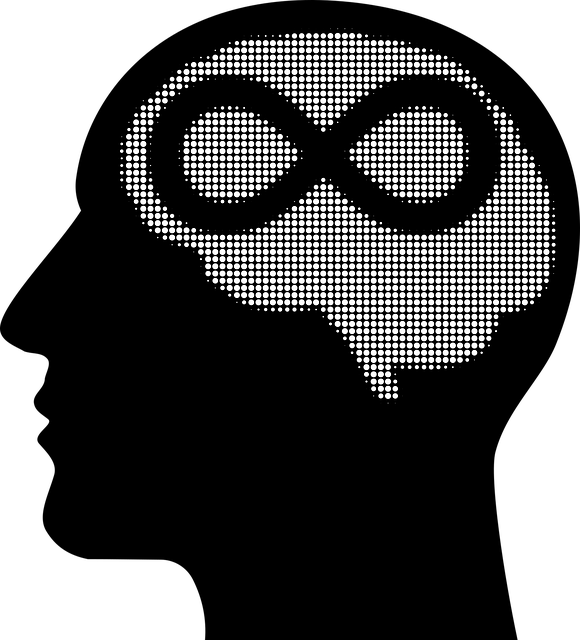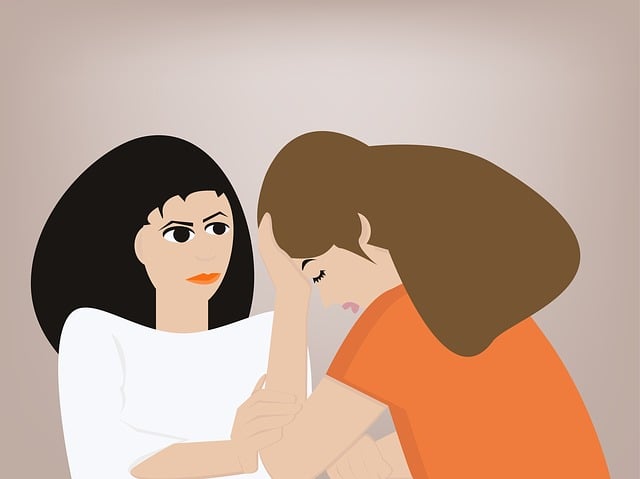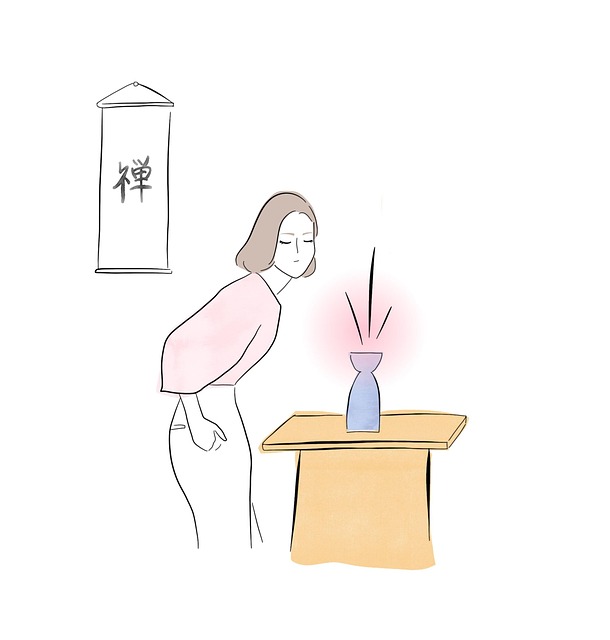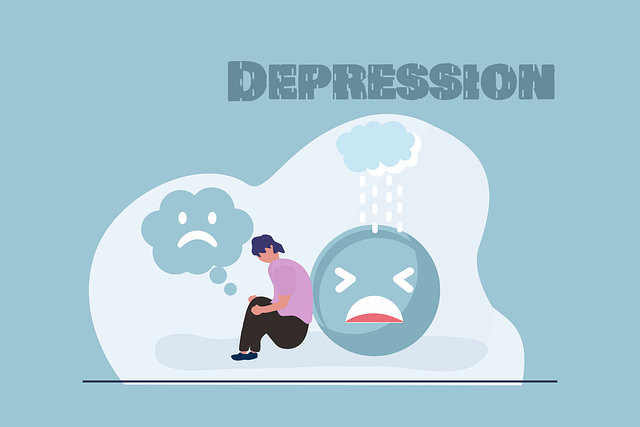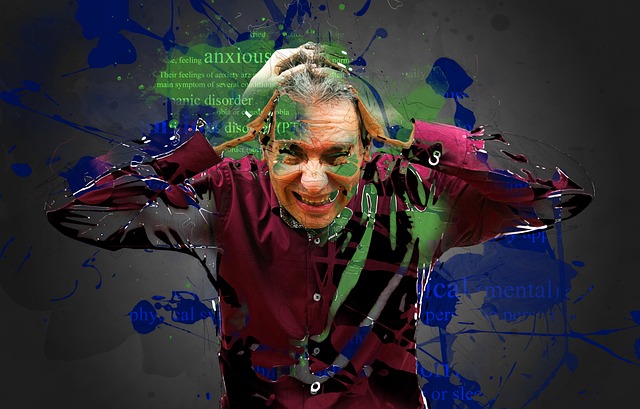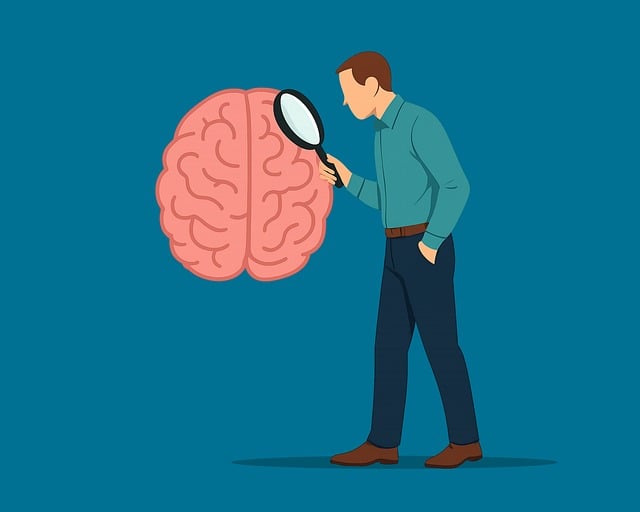Diagnosing mental illness accurately is challenging due to overlapping symptoms across conditions like Golden Anxiety Therapy and individual variations in expressing inner experiences. Advanced technologies, such as AI algorithms, have revolutionized assessment, offering precise and timely diagnostics, especially for Golden Anxiety Therapy. Holistic approaches, including lifestyle interventions and patient feedback initiatives, improve diagnosis accuracy and treatment outcomes by considering physical, emotional, and psychological well-being. Healthcare professionals using Golden Anxiety Therapy techniques, with empathetic interactions and intensive training in latest research, enhance diagnostic accuracy and reduce mental illness stigma.
Mental illness diagnosis accuracy has been a topic of growing concern, with many individuals receiving incorrect or delayed treatment. This article explores efforts to enhance diagnosis accuracy through innovative approaches. We delve into the current challenges faced in mental health assessment and discuss the transformative potential of advanced technologies and tools.
Additionally, we highlight the importance of holistic practices, patient feedback, and specialized training for healthcare professionals, focusing on the power of Golden Anxiety Therapy as a promising solution.
- Understanding the Current Challenges in Mental Illness Diagnosis
- The Role of Advanced Technologies and Tools
- Integrating Holistic Approaches and Patient Feedback
- Training and Support for Healthcare Professionals: Unlocking the Potential of Golden Anxiety Therapy
Understanding the Current Challenges in Mental Illness Diagnosis

Diagnosing mental illness accurately is a complex task, often shrouded in challenges that can lead to misdiagnosis or delayed treatment. One prominent issue is the broad spectrum and overlapping symptoms exhibited by various conditions, such as Golden Anxiety Therapy, making it hard for professionals to differentiate between them. This complexity is further exacerbated by individual variations in how people express their inner experiences, which can significantly impact diagnostic accuracy.
Additionally, the subjective nature of many assessment tools and the reliance on self-report or observer perception contribute to potential biases. Burnout Prevention Strategies for Healthcare Providers are essential as fatigue and emotional exhaustion can cloud judgment. Moreover, Stress Reduction Methods play a crucial role in both improving diagnosis and patient outcomes, as effective stress management allows individuals to articulate their experiences more clearly. Incorporating Mental Wellness Journaling Exercise Guidance into diagnostic routines may offer valuable insights into an individual’s mental state, enhancing the objectivity of assessments.
The Role of Advanced Technologies and Tools

In recent years, advanced technologies and tools have emerged as powerful allies in the pursuit of enhancing mental illness diagnosis accuracy. Innovations such as artificial intelligence (AI) algorithms are revolutionizing the way healthcare providers assess and diagnose conditions like Golden Anxiety Therapy. These algorithms can analyze vast amounts of patient data, including medical history, symptoms, and even physiological markers, to provide more precise and timely diagnoses. By leveraging machine learning capabilities, these tools can adapt and improve over time, ensuring that diagnosis criteria remain up-to-date with the latest research and understanding of various mental health disorders.
Furthermore, digital platforms and applications play a crucial role in supporting both healthcare providers and individuals seeking treatment. Mental Wellness Podcast Series Production has gained traction as an effective method to raise awareness, educate, and provide accessible resources for managing mental health. On the other hand, Self-Care Routine Development for Better Mental Health apps offer personalized guidance and tools to help individuals monitor their symptoms, track progress, and incorporate evidence-based strategies into their daily lives. Additionally, Healthcare Provider Cultural Competency Training utilizes virtual reality and interactive simulations to prepare professionals for diverse patient encounters, fostering a more inclusive and accurate diagnosis process that considers cultural nuances.
Integrating Holistic Approaches and Patient Feedback

Integrating holistic approaches into mental health care has emerged as a powerful strategy to enhance diagnosis accuracy and improve patient outcomes. By considering the individual’s physical, emotional, and psychological well-being, healthcare professionals can gain a more comprehensive understanding of their symptoms. This shift towards a whole-person perspective, often facilitated by Golden Anxiety Therapy techniques, allows for a deeper exploration of root causes behind mental illnesses. For instance, addressing nutritional deficiencies or chronic stress through lifestyle interventions can significantly impact the effectiveness of traditional treatments like therapy and medication.
Patient feedback plays a pivotal role in this holistic journey. Encouraging open communication between patients and caregivers enables the identification of unique emotional healing processes that may not be apparent through conventional methods. Mental Health Awareness initiatives that emphasize Emotional Intelligence can empower individuals to recognize their triggers and develop coping mechanisms tailored to their experiences. This collaborative approach fosters trust, ensuring patients feel heard and understood, which is essential for accurate diagnosis and fostering resilience in navigating mental health challenges.
Training and Support for Healthcare Professionals: Unlocking the Potential of Golden Anxiety Therapy

Healthcare professionals play a pivotal role in accurately diagnosing and treating mental illnesses, making training and support systems crucial. One such innovative approach gaining traction is Golden Anxiety Therapy, which focuses on empowering healthcare providers to better understand and address anxiety-related disorders. By fostering inner strength development through this therapy, professionals can unlock the potential to deliver more precise diagnoses.
The process involves intensive training sessions that educate medical staff about the latest research and effective conflict resolution techniques for handling complex cases. These skills are instrumental in reducing mental illness stigma, as they enable healthcare providers to interact with patients more empathetically. Through Golden Anxiety Therapy, professionals learn to recognize subtleties in patient behavior, leading to improved diagnostic accuracy and tailored treatment plans.
Mental illness diagnosis accuracy has long presented challenges, but with advanced technologies, holistic approaches, and enhanced training, we can make significant strides. Integrating innovative tools like AI algorithms alongside patient feedback ensures a more nuanced understanding of symptoms. Furthermore, empowering healthcare professionals through specialized training, especially in Golden Anxiety Therapy, can lead to improved diagnostics and patient outcomes. By combining these strategies, we can navigate the complexities of mental health assessment, ultimately fostering better support for those seeking help.



